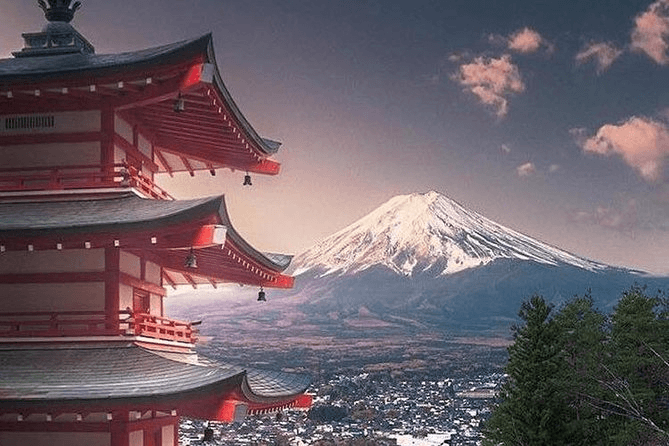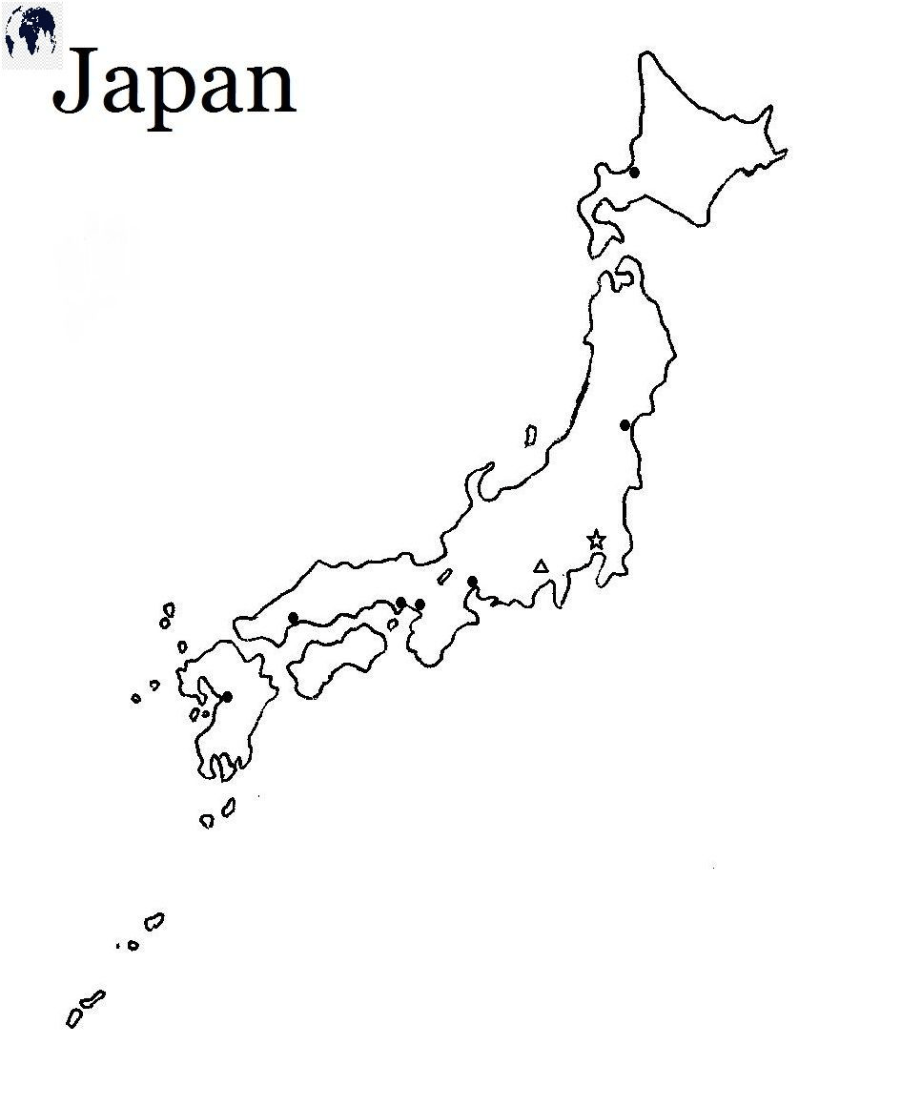Japan's most famous volcano.
What is Mt Fuji
The period in which Japan was ruled by shoguns lasted for _________ years.
700 years
Outline the role of peasants in Shogunate Japan.
What us: They tended the land, growing rice and other crops.
Identify one aspect of Japanese culture that we studied.
- Option A: Religion and Philosophy
- Option B: Arts and Entertainment
- Option C: Food and Cooking
- Option D: Martial Arts
- Option E: Poetry
- Option F: Role of Women
- Option G: Education
- Option H: Life of a Peasant Farmer
The first ruler of the the Tokugawa Shogunate
Tokugawa Ieyasu
Two major cities in Japan
100 points for each one.
e.g. Tokyo, Kyoto, Nara, Kamakura
Zen Buddhism introduced to Japan in the year ______ CE.
1185 CE
Outline the role of Daimyo in Shogunate Japan.
Wealthy and powerful territorial lords
They were subordinate only to the shogun.
True or False: About 40% of boys and 10-15% of girls had basic literacy by the end of the Tokugawa Shogunate.
True
For how many years was the Sakoku period in place
Over 200 years
The ancient Capital of Japan
What is Nara
Name the three shogun eras.
Bonus 100 pts for the year each shogunate began and ended.
There were three shogun eras:
(i) The Kamakura era: 1185 to 1333.
(ii) The Muromachi era: 1337 to 1573.
(iii) The Tokugawa (Edo) era: 1603 to 1867.
Outline the role of the Emperor in Shogunate Japan.
What is: exercises very little in the way of genuine power but is above the Shogun.
The major religions and philosophies of Japan Under the Shoguns.
Buddhism, Shintoism, Confucianism.
Define the term Sakoku
In Japanese, Sakoku means “chained country.” It was an order that spanned for almost two millennia. Only a few foreign nationals were given permission to trade or visit the country, and the policy was strictly enforced. They worked to expel the various religious and colonial influences of Portugal and Spain that threatened the shonugate power.
 The four main islands of Japan.
The four main islands of Japan.
100 points for each one.
Hokkaido
Honshu
Kyushu
Shikoku
Japan bans foreigners and access to foreign goods and literature in the year ______ CE.
1603 CE
Outline the role of the shogun.
Very powerful military leader that controlled the
government. Only one shogun existed at any time.
Describe one aspect of Japanese culture that we studied.
- Option A: Religion and Philosophy
- Option B: Arts and Entertainment
- Option C: Food and Cooking
- Option D: Martial Arts
- Option E: Poetry
- Option F: Role of Women
- Option G: Education
- Option H: Life of a Peasant Farmer
The event that ended the Sakoku period.
What is Commodore Matthew Perry's visits to Japan.
Five countries that are close to Japan.
100 points for each one.
e.g. China, North Korea, South Korea, Philippines, Taiwan, Mongolia, Vietnam, Russia
In the year _______ CE, Commodore Matthew Perry (US) arrives in Japan, beginning the end of Japan’s isolation from the rest of the world.
1853 CE
You must start from the bottom and get the order correct.
Emperor
Shogun
Daimyo
Samurai
Ronin
Peasant
Artisan
Merchant
What is:
- If she did not produce a son
- If she committed adultery
- If she talked too much
- If she became seriously ill
What was one of the three reasons behind the Sakoku policy?
Bonus 100 points to teams that guess the other two answers correctly.
ONE of the following:
The sakoku policy was
(a) to prevent Japan from being invaded or colonised by a European power such as Portugal, Spain or England;
(b) to prevent the spread of Christianity;
(c) to prevent civil war